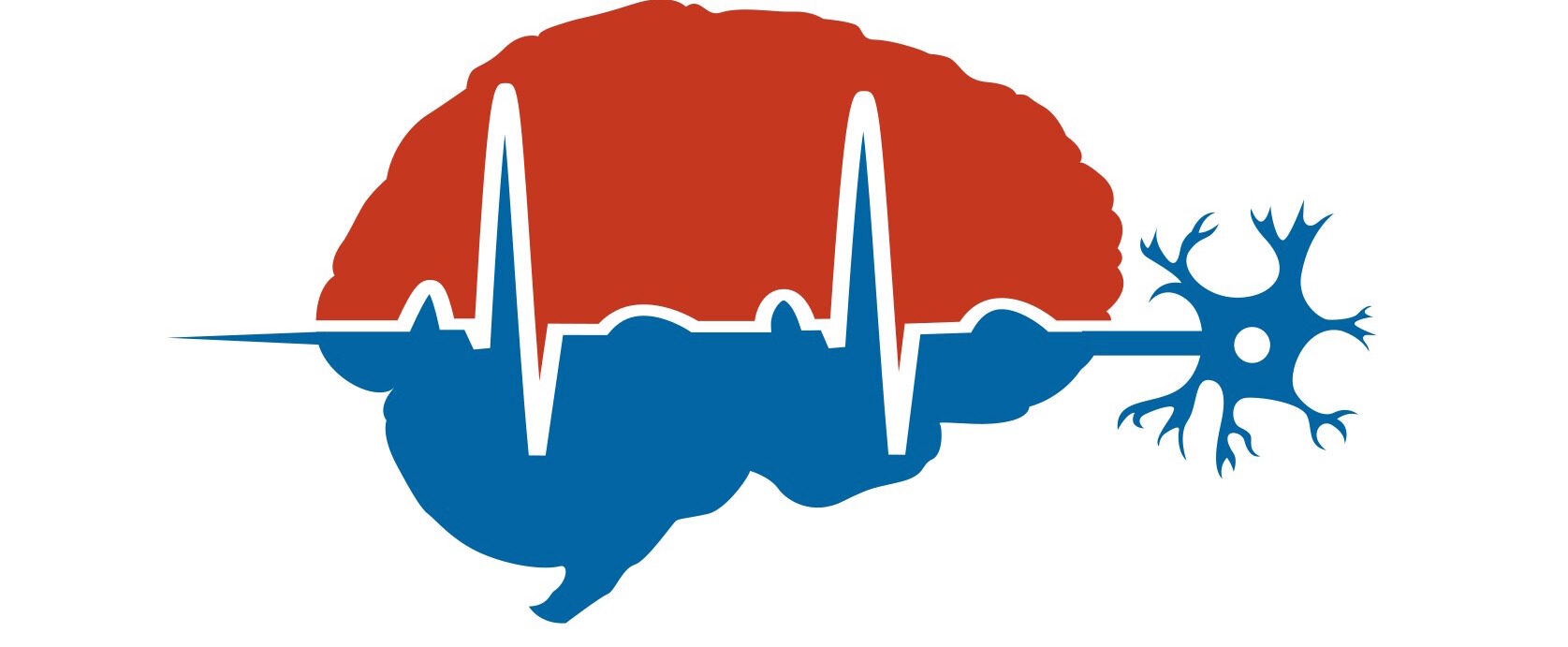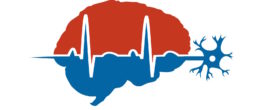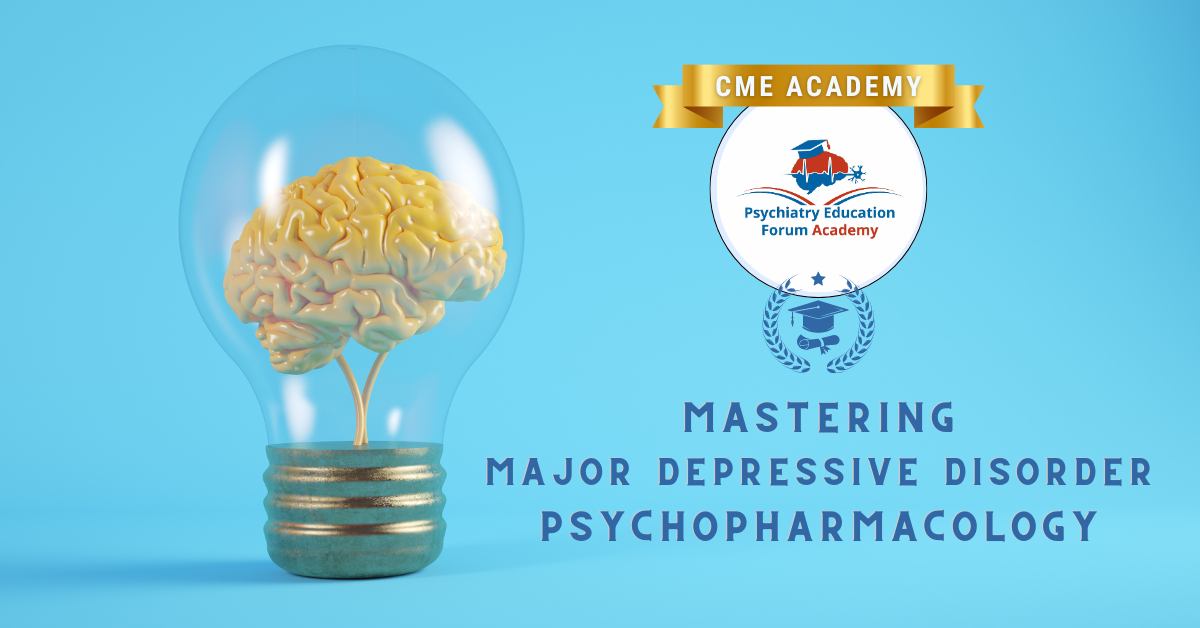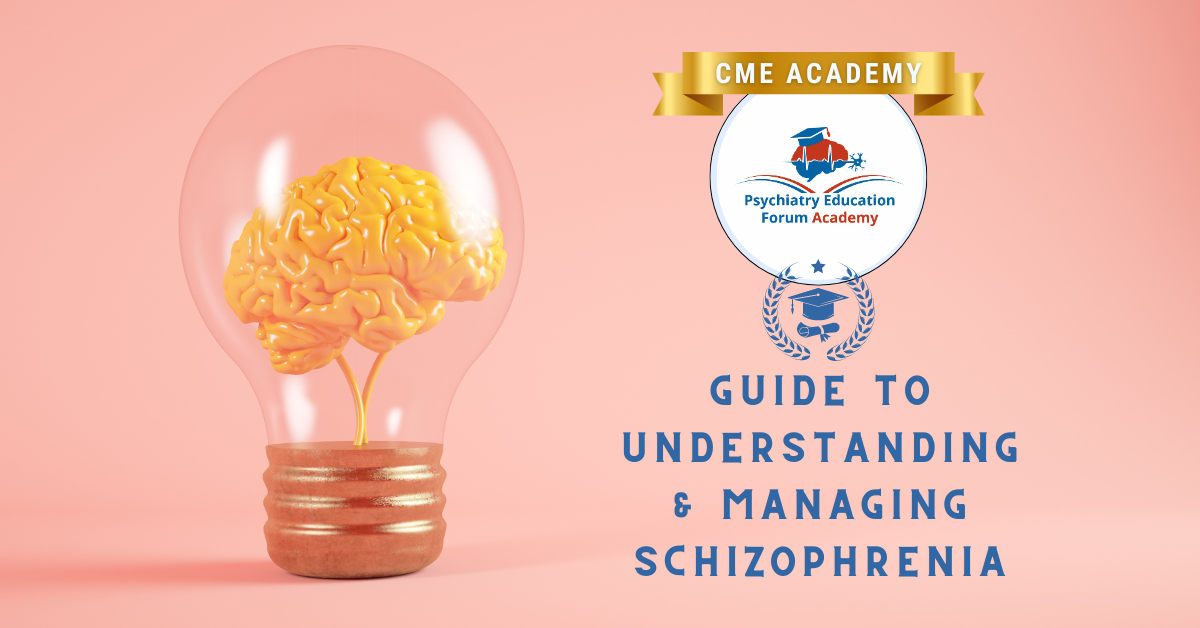
Enrollment Closed Now
(CME 1) Mastering Major Depressive Disorder Psychopharmacology
ENROLLMENT CLOSED
- Total Credits: 8.50 AMA PRA Category 1 Credits.
- CME EXPIRED on: September 1, 2025.
Learning Objectives:
- Evaluate the pharmacological mechanisms and clinical efficacy of various antidepressants used in treating Major Depressive Disorder.
- Apply evidence-based strategies to optimize antidepressant selection and dosing, tailored to individual patient profiles.
- Integrate adjunctive treatment options to enhance therapeutic outcomes in patients with treatment-resistant depression.
- Differentiate between various antidepressants in terms of their pharmacokinetics, efficacy, and side effect profiles.
(CME 2) Guide to Understanding & Managing Schizophrenia
ENROLLMENT CLOSED
- Total Credits: 7.75 AMA PRA Category 1 Credits.
- CME Expired on: September 28, 2025.
Learning Objectives:
- Compare and evaluate the efficacy, dosing, and side effects of 32 antipsychotics in the treatment of acute multi-episode schizophrenia.
- Implement evidence-based strategies for the management of clozapine-resistant schizophrenia and develop protocols for managing missed doses of clozapine.
- Assess and mitigate the risks associated with antipsychotic use, particularly the risk of pneumonia.
- Differentiate the effectiveness of various antipsychotic formulations, including Aripiprazole versus Brexpiprazole and topical versus sublingual Asenapine.
- Integrate psychological interventions for treating auditory hallucinations alongside pharmacological therapies.
- Understand the impact of schizophrenia’s progression with age on long-term management strategies.
- Recognize the implications of adolescent cannabis use on the risk of developing schizophrenia.
- Stay updated on the latest research regarding the glutamatergic synapse in schizophrenia.
(CME 3) Comprehensive Approaches for Managing Adverse Events with Psychopharmacology
ENROLLMENT CLOSED
- Total Credits: 6.75 AMA PRA Category 1 Credits.
- CME Expired on: October 26, 2025.
Learning Objectives:
- Identify and manage common adverse effects associated with antipsychotics, Mood Stabilizers and Antidepressants.
- Develop targeted treatment plans for specific adverse events of antipsychotics like Clozapine and Mood Stabilizers like Lithium.
- Evaluate the comparative efficacy of VMAT-2 inhibitors for tardive dyskinesia management to optimize patient outcomes.
- Assess the relationship between antipsychotic use and breast cancer risk to guide safer long-term treatment planning.
- Recognize and address antidepressant-induced adverse effects, such as bruxism, excessive sweating, and other condition-specific risks, to improve patient comfort and adherence to treatment.




